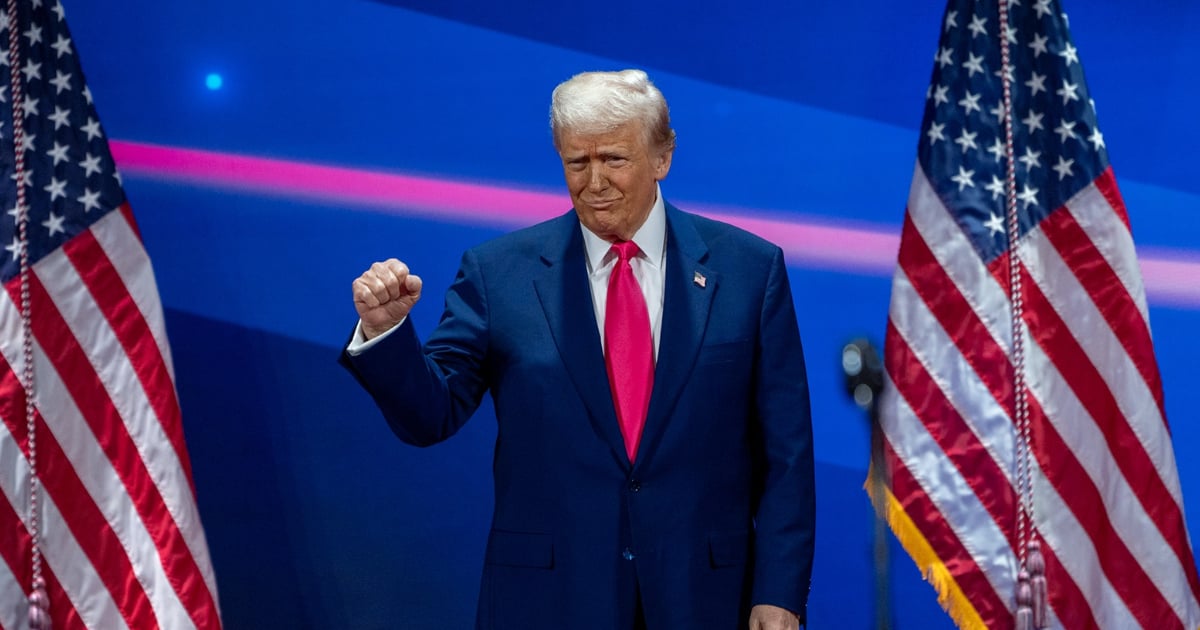On Thursday, former President Donald Trump's administration filed an urgent appeal with the U.S. Supreme Court, aiming to overturn a judicial ruling that prevents the early termination of the humanitarian parole program. This program grants temporary legal status to over 500,000 migrants hailing from Cuba, Haiti, Nicaragua, and Venezuela.
Originally established during President Joe Biden’s tenure, the program allowed individuals from these nations to enter the U.S. by air with financial backing, offering them the chance to legally reside and work for up to two years. However, it was among the initial policies reversed by Trump upon assuming office.
The Department of Homeland Security (DHS) reported that more than 530,000 migrants benefited from this policy since late 2022. The Trump administration, having regained power in January 2025, argues that the Boston district court's decision—which blocked the mass elimination of the program—interferes with its executive authority on immigration and foreign policy.
Judge Indira Talwani's ruling states that the government cannot broadly revoke the humanitarian parole without individually reviewing each case as mandated by law. "The district court has overturned one of this administration's most significant immigration policy decisions," stated Solicitor General John Sauer in the court filing.
The administration claims that continuing the program undermines federal efforts to deter illegal border crossings and hampers swift deportation processes. The Supreme Court has given the plaintiffs—a group of program beneficiaries and their sponsors—until May 15 to respond to the government's appeal.
Migrant rights organizations have condemned the attempt to abolish the parole, labeling it "unjustified" and "devastating." They warn that it would leave hundreds of thousands of hardworking individuals at risk of losing their legal status and facing deportation.
Among those affected are thousands of Cubans who have not yet met the one-year-and-one-day requirement to qualify for the Cuban Adjustment Act, which would allow them to gain permanent residency.
This Supreme Court request is part of a series of moves by the Trump administration aimed at reversing immigration policies implemented during Biden's presidency. The humanitarian parole was a crucial tool used by Biden to provide legal entry options and alleviate pressure on the southern border.
Key Questions About Trump's Supreme Court Appeal on Immigration Policy
What is the humanitarian parole program?
The humanitarian parole program allows migrants from certain countries to enter the U.S. legally for a temporary period, providing them with work authorization and a chance to stay for up to two years with financial sponsorship.
Why is the Trump administration challenging the court's ruling?
The Trump administration argues that the district court's decision to block the program's termination interferes with its executive powers related to immigration and foreign policy.
How could the termination of the program impact migrants?
Ending the program could put hundreds of thousands of migrants at risk of losing their legal status and facing deportation, affecting their ability to work and reside in the U.S. legally.
What is the timeline for the Supreme Court's decision?
The Supreme Court has set a deadline of May 15 for the plaintiffs to respond to the Trump administration's appeal, after which the Court will deliberate on the matter.
